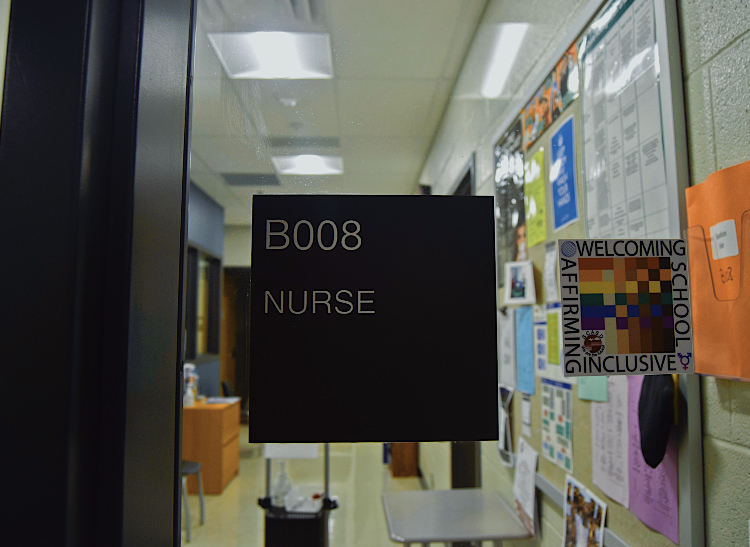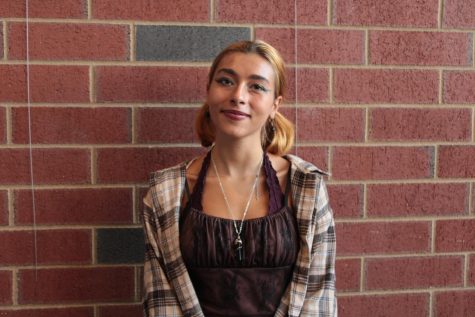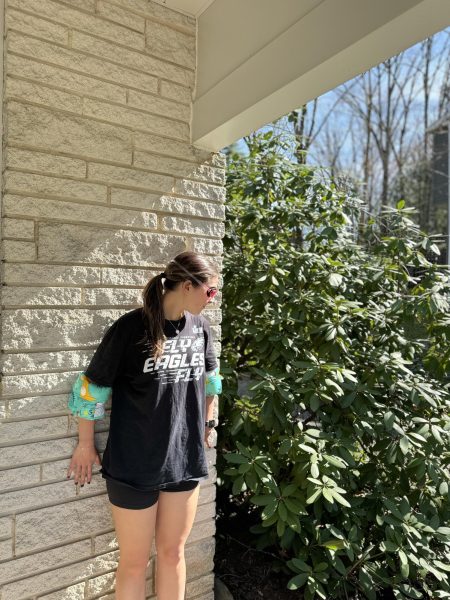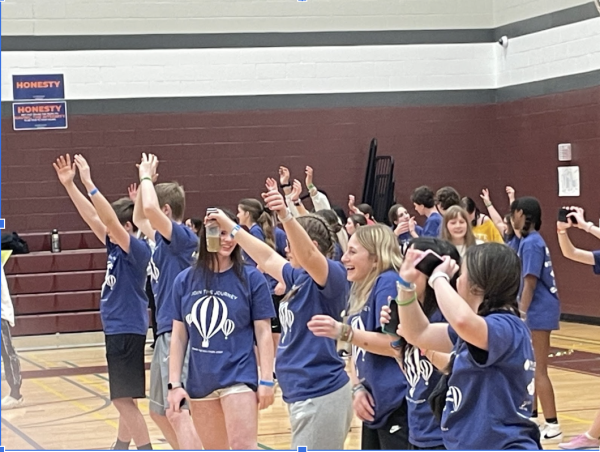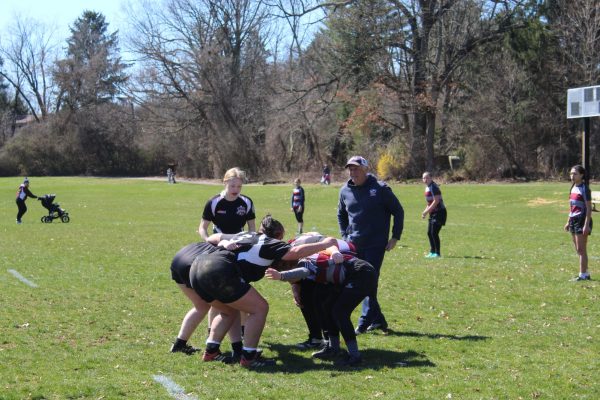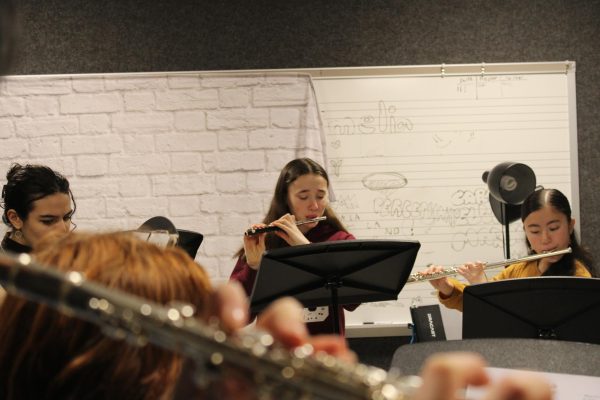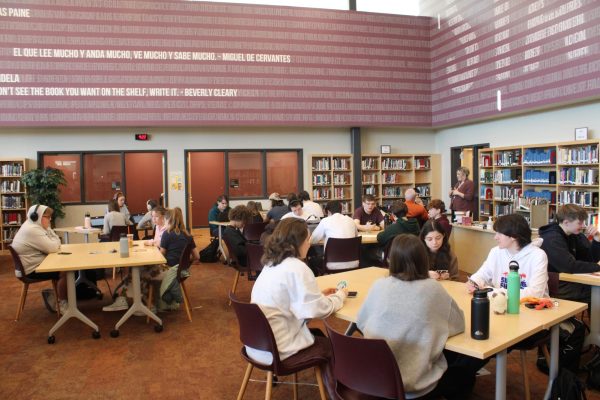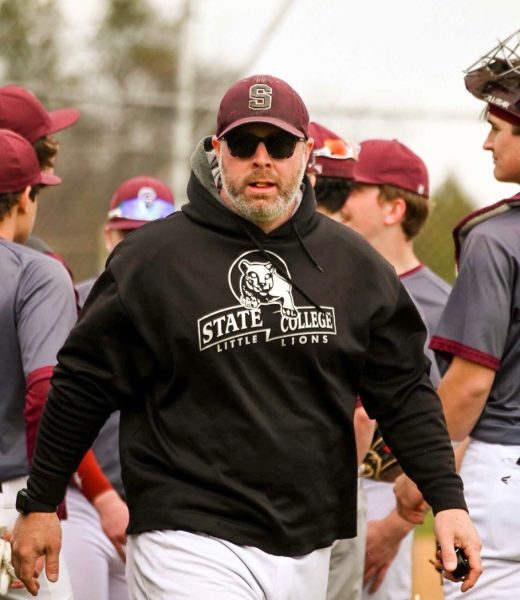Public School Nursing in a Pandemic
Outside the school nurse’s room in State College PA, taken Thursday, Aug. 31, 2020. School nurse Ms. Wagner cares for State High students in the nurse room, as she has for the past 12 years of her career.
September 3, 2020
During these past few weeks, the media coverage of failed school openings has only added to students’ and staff’s growing concerns about COVID-19. While everyone’s lives have been changed by the virus, unlike other members of State High, school nurses will be required to interact with any person that becomes sick during school, giving them even more responsibility. “Fear can be as contagious as any virus,” State High Certified School Nurse Mary Wagner said, and the kick-off of school this week shows that couldn’t be more true. It’s only been a week, but the 2020 school year already looks like it’ll be entirely different from anything she’s experienced before.
While State High began its first days of in-person schooling since March, anxiety seems like a natural response. “As nurses, we tend to try to stay calm and rational,” Wagner said. “If we appear panicked or anxious, so will our students.” Since the nurses are the first faces students and teachers will see if they begin to experience symptoms of COVID-19, it’s imperative that nurses present themselves as calm and collected, as the virus is uniquely anxiety-inducing. Because symptoms are widely varied and some carriers can have none at all, the uncertainty that comes with COVID is tailor-made for panic. When people are panicking, effective healthcare and action can be impossible.
In the State College community, residents have seen first-hand the consequences of unsafe activity. As college move-in weekend began and Penn State students arrived in State College, parties and gatherings have resulted in the suspension of a fraternity, students being kicked off campus, and, most importantly, a 451 spike in cases for Centre County. State High sophomore Casidy Cohagan felt angry and worried when the incident occurred. “It was totally irresponsible,” Cohagan said. “Our town isn’t their playground to run around in while putting the residents in danger. Me missing out on a year of high school is more important than your stupid frat party.” Any increase in cases at Penn State will directly affect the students of State High.
If State High were to close again, the effects would be damaging to many people. Wagner stressed the importance of avoiding school shutdown, as students benefit from in-person school immensely. “So many students have needs that extend beyond just traditional educational needs,” Wagner said. Although online school contains less risk, many students don’t have the luxury of a safe at-home environment. Focusing on academics can be almost impossible when living in a chaotic or stressful household, which can be intensified by social isolation. As quarantine came into effect this spring, 53% of adults reported that their health had been negatively impacted according to the Kaiser Family Foundation (KFF).
If Wagner could say one thing to students of State High that would make her job easier, it would be this: “Please be honest about your symptoms. If you’re sick, stay home and follow the guidelines in the COVID handbook.”

